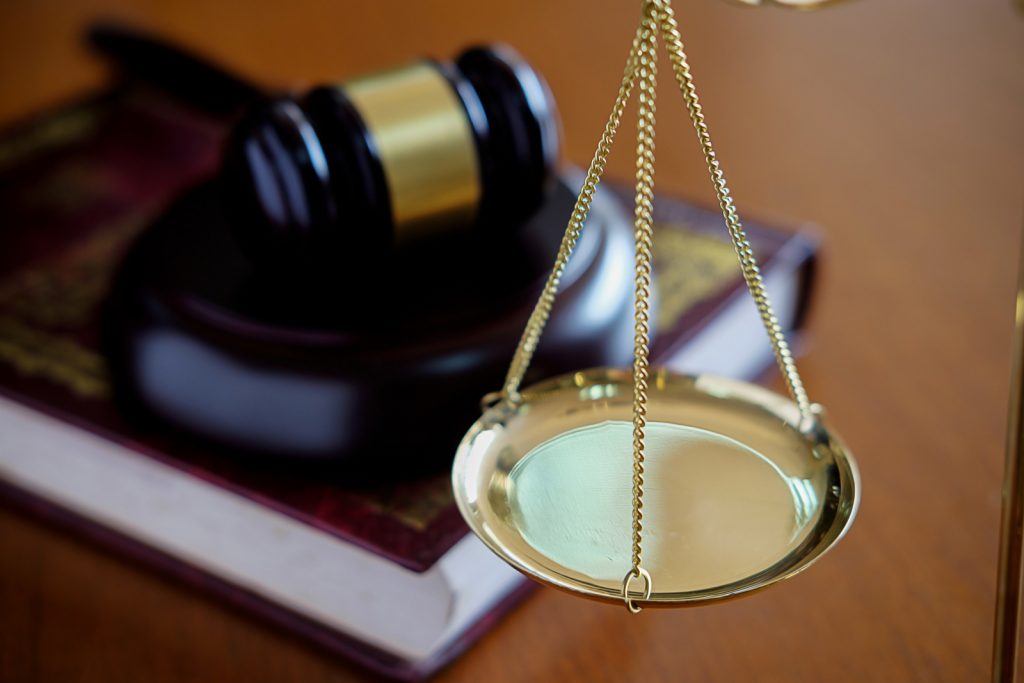Generally speaking, you do not have to pay income taxes on the money you receive from your personal injury settlement in Nova Scotia. In fact, per the Canada Revenue Agency (CRA), you do not need to report certain non-taxable amounts as income, including the following:
- Amounts that are exempt from tax under section 87 of the Indian Act (Section 87 tax exemption)
- most lottery winnings
- most gifts and inheritances
- amounts paid by Canada or an allied country (if the amount is not taxable in that country) for disability or death of a war veteran due to war service
- GST/HST credit and Canada child benefit (CCB) payments, including those from related provincial and territorial programs
- family allowance payments and the supplement for handicapped children paid by the province of Quebec
- compensation received from a province or territory if you were a victim of a criminal act or a motor vehicle accident
- most amounts received from a life insurance policy following someone’s death
- most types of strike pay you received from your union, even if you perform picketing duties as a requirement of membership.”
What Is The Income Tax Act?
According to national guidelines set forward by The Income Tax Act, settlements that accident victims receive from personal injury lawsuits in Canada are not included in the calculation of income for a taxpayer within a taxation year. In other words, the national government does not view settlements that accident victims receive from personal injury lawsuits to be considered taxable income.
However, as with any rule, there are always exemptions. Read on to learn more about the exemptions that exist for the Income Tax Act, and schedule a free consultation with McKiggan Hebert Lawyers if you have been injured in an accident, received a settlement, and have questions about your potential impending tax implications.
What Exemptions Are There From The Income Tax Act?
One of the reasons that settlement money is exempt from being taxed is that a large portion of money that accident victims receive is intended to account for wages that the victim lost when they needed to stay home and nurse their injuries. Since this settlement is making up for wages you would have otherwise earned if you were not injured, this income is considered net and not a profit.
It’s important to remember, however, that while your settlement is not taxed as income, other things you spend that money on can be taxed. As an example, if you invest your money in the stock market and see a 40% return, that income can then be subject to tax.
What Kind Of Compensation Can I Get From A Personal Injury Settlement In Nova Scotia?
Since every accident case is different, the only way to know what kind of compensation you’re eligible for is to contact a personal injury lawyer and discuss your accident with them. If the accident you experienced occurred directly due someone else’s negligence, and you suffered bodily harm as a result, you may be able to receive medical bill compensation. This provides money for hospital visits, doctor’s office bills, prescription medication costs, and physical or occupational therapy. When you get money for medical bills, this sum is not taxed as income like regular paychecks from your job are.
When you suffer injuries from a car accident, slip and fall, or even medical malpractice accident, you will most likely need to spend time away from work so you can heal your injuries. Your personal injury lawyer will try to get you settlement money that makes up for your lost wages. At McKiggan Hebert Lawyers, we know how financially troubling it can be to lose money in your paycheck after getting hurt, especially when the accident was someone else’s fault. When you get money in a settlement from an accident that makes up for lost wages, that money is not going to be taxed like regular income.
Additionally, Pain and suffering damages are awarded in circumstances where the accident was especially traumatic or dangerous. You can even be awarded punitive damages if the at-fault party was especially egregious.
Schedule A Free Consultation With McKiggan Hebert Lawyers If You Have Questions About Paying Taxes On Your Personal Injury Settlement
At McKiggan Hebert Lawyers, we have years of experience fighting for compensation on behalf of injured clients in Nova Scotia. With our help, victims can secure every dollar of compensation they are entitled to by law. The personal injury lawyers at McKiggan Hebert have received national recognition representing clients in a wide range of personal injury cases. Let us guide you through the process of filing a claim and obtaining compensation.










